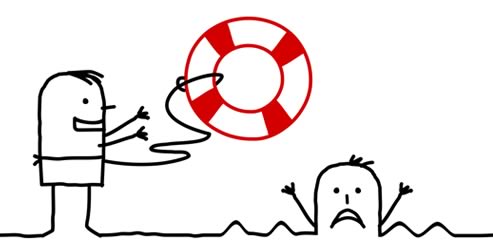
We have just experienced the largest mass shooting in the history of this country and are now exploring the back story of how the assassin came to be mentally unbalanced enough to commit a mass murder.
We crave the back story to make sense of it.
But everyone has a back story. And the back story of a mass murderer is always one of psychological imbalance.
OK, we need to focus on mental health, but we can’t ever control for violence if a person is willing to die to kill. What we can control is the type of weapon the mass murderer uses and how many are killed.
This isn’t rocket science, but every clarion call leads to Congress shooting down a ban on assault weapons.
Is Congress filled with cowards?
The back story of a typical congressional member is his/her need to raise incredible sums of money to get reelected. The NRA provides campaign funding. As a result many in Congress put their job security ahead of their constituent’s lives. To narrow it down a bit more: many in Congress sacrifice our lives for their livelihoods. To drill down even deeper: as a body, the US Congress arms criminals, terrorists and the mentally ill with assault weapons.
OK, we need to focus on election reform, but we can’t control for the intoxicating lure of special interest money. What we can control is who stays in Congress and who doesn’t.
This isn’t rocket science, but every clarion call to remove members who stand in the way of gun control dies because of voter apathy.
Who holds the real power over Congress?
You.




